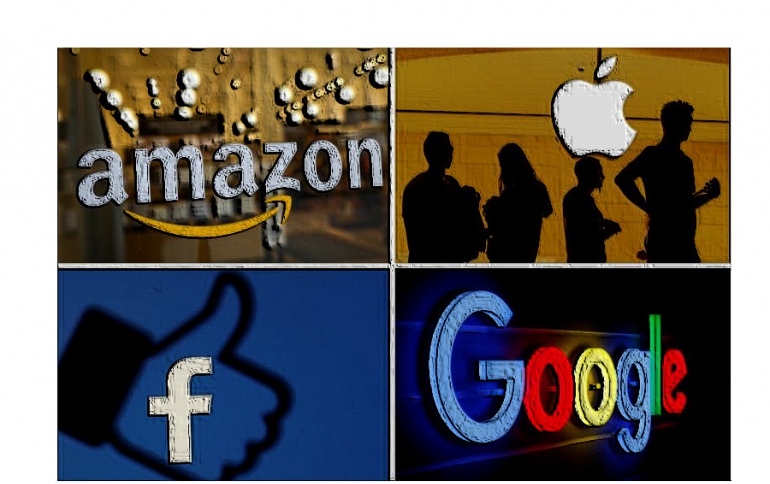
French, U.S. Compromise on French Digital Tax
French and U.S. hae reportedly reached a compromise agreement on France’s digital tax, a levy which prompted U.S. President Donald Trump to threaten a separate tax on French wine imports.
According to Reuters, the two countries will make official statements on the agreement later on Monday.
France’s 3% levy applies to revenue from digital services earned by firms with more than 25 million euros in French revenue and 750 million euros worldwide.
U.S. officials complain it unfairly targets U.S. companies such as Facebook, Google and Amazon. They are currently able to book profits in low-tax countries such as Ireland and Luxembourg, no matter where the revenue originates.
France pushed hard in 2018 for a digital tax to cover EU member states, but met resistance from some other countries. The EU member decided to go ahead with a national tax, which was signed into law in July and applies retroactively to Jan. 1, 2019.
Trump had previously descibed the French lvey as “foolishness”.
Update: French President Emmanuel Macron and U.S. President Donald Trump confirmed the deal between France and the U.S. to end a standoff over the French tax on big internet companies, though U.S. President Donald Trump declined to say whether his threat of a retaliatory wine tax was off the table as a result.“We’ve done a lot a work ... we have a deal to overcome the difficulties between us,” Macron told a news conference alongside Trump at the end of a G7 summit in France.




















